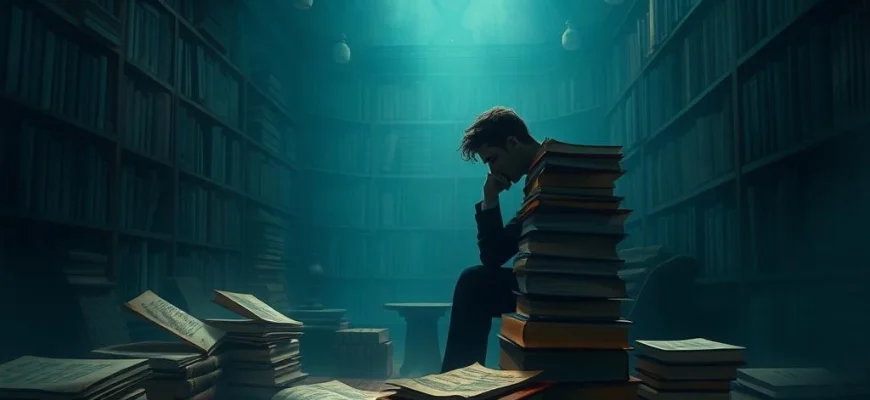If you enjoyed 'Nothing Is Truer than Truth' (2018), a compelling documentary exploring Shakespeare's hidden identity, you'll love these 10 similar movies and shows. This article dives into thought-provoking historical mysteries, literary investigations, and conspiracy theories that will captivate fans of the original film. Whether you're a history buff, a literature enthusiast, or just love a good intellectual puzzle, these recommendations will satisfy your curiosity.
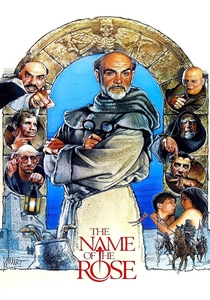
The Name of the Rose (1986)
Description: Set in a medieval monastery, this film combines a murder mystery with theological and philosophical debates. Its focus on deciphering ancient texts and uncovering hidden truths within a historical context resonates with the themes of intellectual discovery.
Fact: The labyrinthine library set was one of the most expensive ever built at the time. The film's title refers to a Latin phrase about the transient nature of life, reflecting its deep philosophical undertones.
 Watch Now
Watch Now 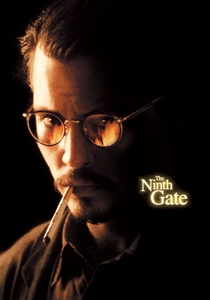
The Ninth Gate (1999)
Description: This film follows a rare book dealer investigating a demonic text, blending occult mystery with a quest for forbidden knowledge. Its dark, atmospheric tone and focus on esoteric secrets align with the intrigue of historical and supernatural puzzles.
Fact: The fictional book 'The Nine Gates of the Kingdom of Shadows' was created specifically for the film, with intricate illustrations designed to look authentic. The story is loosely inspired by real occult legends.
 Watch Now
Watch Now 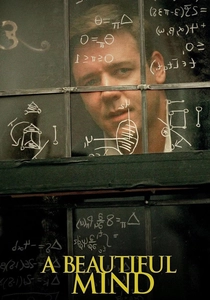
A Beautiful Mind (2001)
Description: This biographical drama explores the life of mathematician John Nash, focusing on his groundbreaking work and personal struggles. The film's emphasis on intellectual brilliance and the hidden complexities of the mind aligns with themes of discovery and obscured truths.
Fact: The Princeton library scenes were filmed at the actual university, where Nash studied. The film's depiction of Nash's hallucinations was carefully crafted to avoid stigmatizing mental illness.
 Watch Now
Watch Now 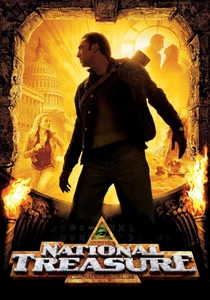
National Treasure (2004)
Description: This adventure film centers on historical artifacts and cryptic clues left by the Founding Fathers, emphasizing the thrill of uncovering hidden truths. Its blend of history, puzzles, and action creates a similar sense of intellectual adventure.
Fact: The Declaration of Independence prop used in the film was so realistic that the National Archives received calls from concerned citizens. The movie's success led to a real-life increase in visits to historical sites featured in the story.
 Watch Now
Watch Now 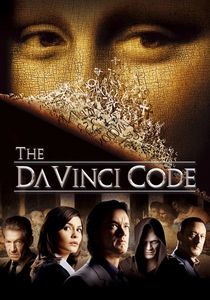
The Da Vinci Code (2006)
Description: This film delves into historical mysteries and religious conspiracies, blending intellectual puzzles with thrilling adventure. Its exploration of hidden truths and secret societies aligns closely with the themes of uncovering obscured historical narratives.
Fact: The film's depiction of the Louvre's interior was so accurate that the museum allowed filming only after hours to avoid disrupting visitors. The character of Robert Langdon was inspired by a real-life symbologist.
 Watch Now
Watch Now 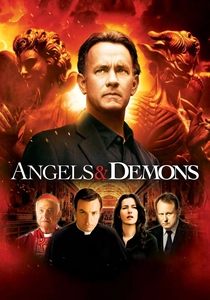
Angels & Demons (2009)
Description: Similar to its predecessor, this movie combines art, history, and science in a high-stakes mystery. The narrative revolves around ancient symbols and a race against time to prevent a catastrophe, mirroring the tension and intellectual depth of historical detective work.
Fact: The Vatican prohibited filming inside its walls, so the production recreated St. Peter's Square and the Sistine Chapel in Los Angeles. The Illuminati symbols featured in the film are based on real historical references.
 Watch Now
Watch Now 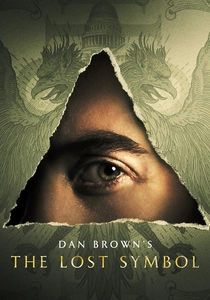
The Lost Symbol (2021)
Description: As a series adaptation of Dan Brown's novel, it continues the tradition of exploring Masonic secrets and historical enigmas. The protagonist's journey to decode ancient symbols and uncover hidden knowledge parallels the intellectual and historical intrigue of similar narratives.
Fact: The series was initially planned as a film but was redeveloped for television to allow deeper exploration of the book's complex plot. Many of the Masonic rituals depicted are based on real practices, though dramatized for the screen.
 Watch Now
Watch Now 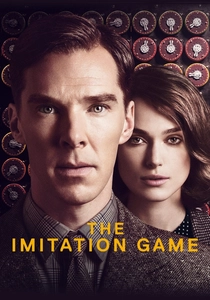
The Imitation Game (2014)
Description: Centered on Alan Turing's efforts to crack the Enigma code, this film highlights the intersection of genius, secrecy, and historical impact. Its portrayal of intellectual breakthroughs and hidden truths mirrors the tension of uncovering pivotal historical narratives.
Fact: The film's title refers to Turing's famous 'Imitation Game' thought experiment, which laid the groundwork for modern computing. Many of the codebreaking scenes were filmed at Bletchley Park, where the real events took place.
 Watch Now
Watch Now 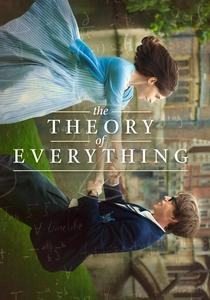
The Theory of Everything (2014)
Description: This biographical film about Stephen Hawking delves into his scientific achievements and personal challenges. Its exploration of cosmic mysteries and human resilience mirrors the pursuit of hidden truths in both science and life.
Fact: Eddie Redmayne met with Stephen Hawking to prepare for the role, and Hawking allowed the use of his copyrighted computerized voice in the film. The movie's title is a nod to Hawking's quest for a unifying theory of physics.
 Watch Now
Watch Now 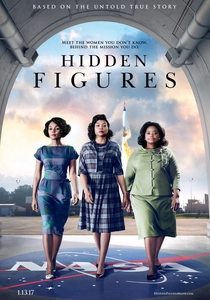
Hidden Figures (2016)
Description: This film tells the untold story of African-American women mathematicians at NASA, highlighting their crucial but overlooked contributions. Its focus on uncovering hidden historical figures and their intellectual triumphs resonates with the theme of revealing obscured truths.
Fact: The real Katherine Johnson, whose story is central to the film, attended the premiere at age
 Watch Now
Watch Now 
